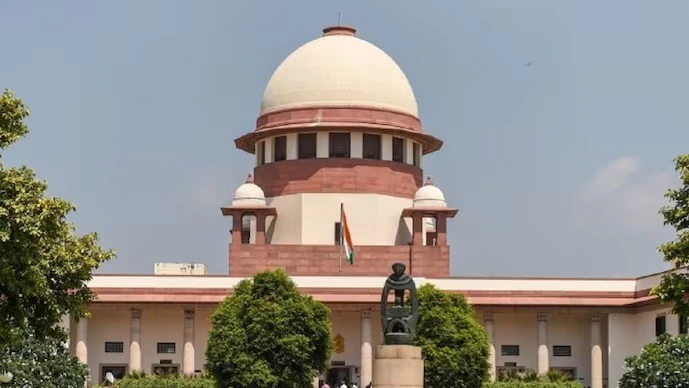
In a significant legal development, the Supreme Court of India has intervened to halt the Enforcement Directorate’s (ED) investigation into the Tamil Nadu State Marketing Corporation (TASMAC), the state’s sole liquor distributor. The Court’s decision on May 22, 2025, came after allegations that the ED’s actions violated constitutional norms and overstepped its jurisdiction.
Background of the ED’s Investigation
The ED initiated its probe into TASMAC following reports of alleged financial irregularities, including overcharging for liquor, bribery in employee transfers, and underreporting of procurement volumes. The agency conducted raids at TASMAC’s headquarters in Chennai from March 6 to 8, 2025, and claimed to have uncovered evidence suggesting a scam involving distilleries and bottlers colluding with officials to sell liquor above the maximum retail price.
Legal Challenges and Court’s Intervention
TASMAC and the Tamil Nadu government challenged the ED’s actions in court, arguing that the agency had not issued summons or search warrants prior to the raids, rendering the operation unlawful. The Madras High Court initially restrained the ED from proceeding with its investigation, citing concerns over the manner in which the raids were conducted and the rights of employees.
The Supreme Court’s intervention further escalated the matter, with the bench criticizing the ED for “crossing all limits” and being in “total violation of the federal structure of the Constitution.” The Court emphasized the importance of maintaining the autonomy of state governments and cautioned against the misuse of central investigative agencies for political purposes.
Political Repercussions
The Supreme Court’s decision has had significant political implications. The ruling party in Tamil Nadu, the Dravida Munnetra Kazhagam (DMK), welcomed the Court’s intervention, viewing it as a vindication of their stance against alleged misuse of central agencies. Municipal Administration Minister K.N. Nehru accused the Union government of “weaponising” the ED to target political opponents and praised the Court’s decision as a triumph of justice.
Conversely, the opposition Bharatiya Janata Party (BJP) has defended the ED’s actions, asserting that the investigation was necessary to address corruption and ensure accountability. The political discourse surrounding the case underscores the ongoing tensions between state and central authorities in India.
Implications for Federal Norms
The Supreme Court’s strong remarks highlight the delicate balance between central and state powers in India’s federal structure. The Court’s intervention serves as a reminder of the need for investigative agencies to operate within the bounds of the Constitution and respect the autonomy of state governments.
Legal experts view the Court’s decision as a significant precedent in safeguarding federal principles and ensuring that central agencies do not overstep their jurisdiction. The ruling may have broader implications for the functioning of investigative agencies and their relationship with state governments in the future.
Conclusion
The Supreme Court’s decision to halt the ED’s investigation into TASMAC marks a pivotal moment in the ongoing debate over the autonomy of state governments and the role of central investigative agencies. The Court’s intervention underscores the importance of adhering to constitutional norms and maintaining the federal balance in India’s governance. As the legal proceedings continue, the case is likely to remain a focal point in discussions about federalism, accountability, and the use of investigative powers in India.




































Leave a Reply